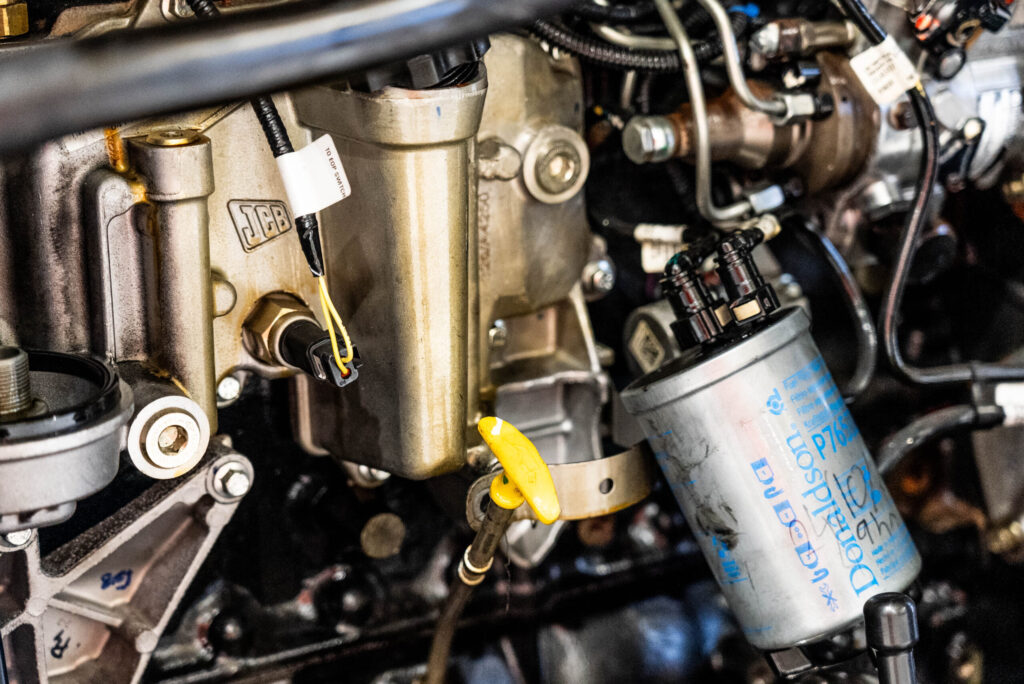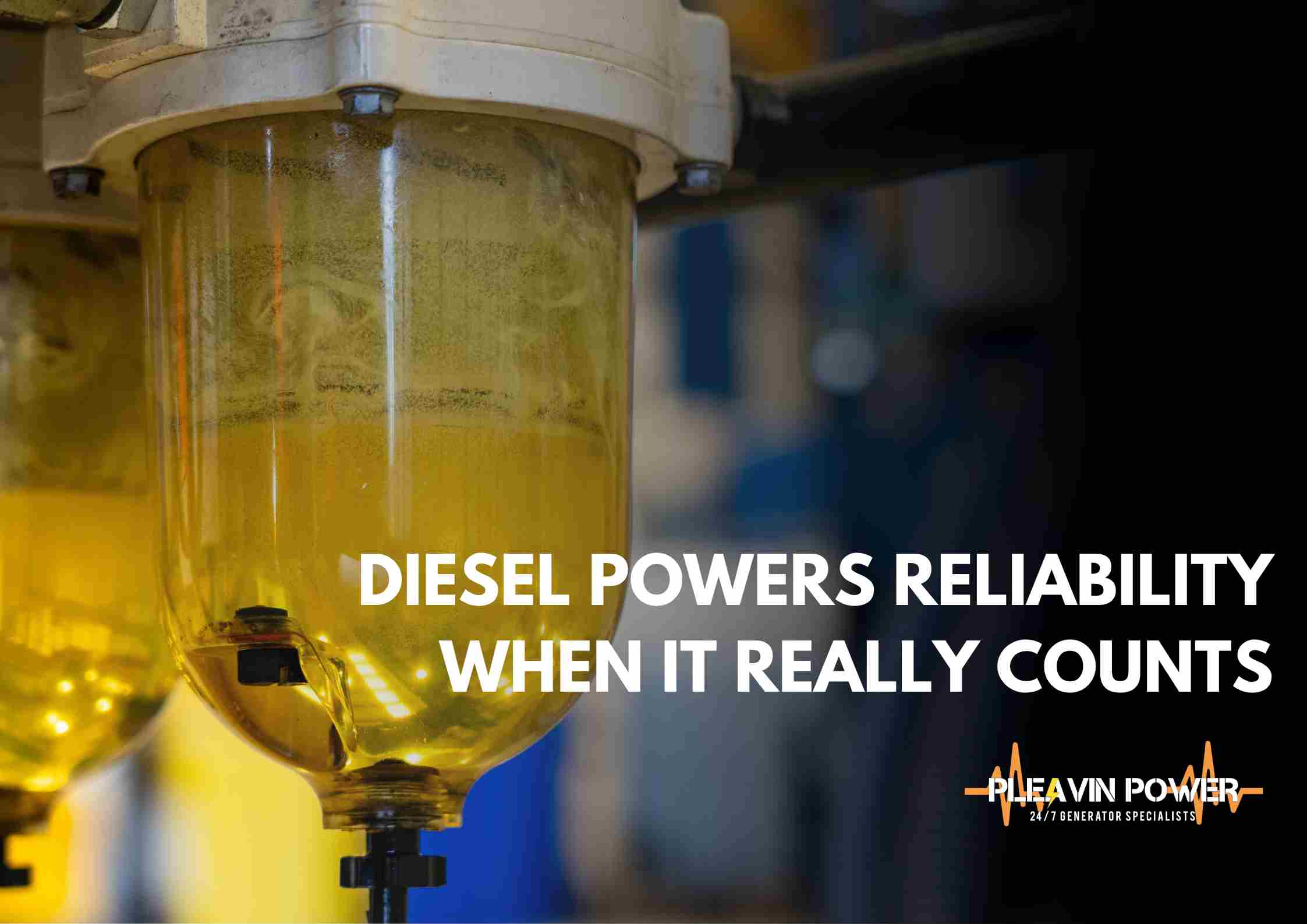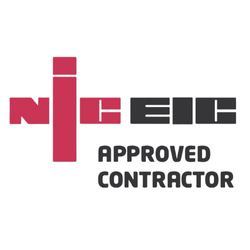In the world of generator management, particularly for businesses reliant on backup power solutions, Planned Preventative Maintenance (PPM) for generators is indispensable. It serves as a proactive strategy aimed at ensuring the reliability, functionality, and longevity of these critical assets.
In this detailed exploration, we’ll delve into the intricacies of Planned Preventative Maintenance specifically tailored for generators, highlighting its significance, implementation strategies, and the myriad benefits it offers.
What Is Preventative Maintenance?
Planned Preventative Maintenance for generators entails a systematic approach to maintaining and servicing generator units to prevent failures, ensure optimal performance, and extend their operational lifespan.
It involves regular repairs, inspections, and servicing, and is scheduled in advance based on factors such as usage, runtime hours, and manufacturer recommendations. The primary objective is to preemptively address potential issues before they compromise the generator’s ability to provide backup power during outages.
Generators are crucial assets that provide backup power during outages, ensuring continuity of operations. PPM helps in maintaining the reliability of generators, reducing the risk of failure when they are needed most.
The Importance of Planned Maintenance
Proactive maintenance through PPM also helps in reducing unexpected repair costs and downtime associated with generator failures. By addressing issues before they escalate, organisations can avoid costly emergency repairs and prolong the lifespan of their generators.
Regular maintenance ensures that generators remain compliant with regulatory standards and safety requirements. It helps in identifying and addressing potential safety hazards, thereby enhancing workplace safety for employees and occupants.
Moreover, PPM ensures that generators operate at peak performance levels, maximising their efficiency and output capacity. This not only improves their reliability but also contributes to cost-effective energy management.
Implementing Generators Into Your Business
In implementing PPM for generators, the first step is to conduct a thorough assessment of the generator units, considering factors such as age, runtime hours, and historical maintenance records.
Identifying any existing issues or potential areas of concern that require attention is crucial. Based on the assessment, tailored maintenance plans should be developed for each generator unit.
These plans should outline specific maintenance tasks, schedules, and procedures, taking into account manufacturer recommendations and industry best practices.
Implementing a schedule for regular inspections, servicing, and maintenance activities is essential. This includes tasks such as oil and filter changes, coolant checks, battery testing, and load bank testing to ensure proper functionality under load conditions.
Leveraging technology such as Remote Monitoring Systems and Computerised Maintenance Management Systems (CMMS) can streamline the maintenance process. These systems allow for remote monitoring of generator performance, automated scheduling of maintenance tasks, and real-time alerts for potential issues.
Benefits of Preventative Maintenance
The benefits of preventative maintenance for generators are manifold. Enhanced reliability ensures that generators are ready to provide backup power during emergencies, minimising disruptions to operations.
Cost efficiency is achieved through the reduction of maintenance costs associated with emergency repairs and downtime, resulting in long-term cost savings. Additionally, proper maintenance prolongs the lifespan of generator units, delaying the need for costly replacements and upgrades.
PPM also contributes to creating a safer work environment by identifying and addressing potential safety hazards associated with generator operation. Well-maintained generators operate more efficiently, optimising fuel consumption and reducing operational costs.
Added Considerations
If you are looking to add a generator to your business’ backup power system, several factors must be considered before making your final decision. This can range from where you are situated to the training of your staff to deal with any maintenance issues if an outsourced team of experts cannot reach you immediately.
Environmental Factors
Consideration should be given to environmental factors such as weather conditions and operating environment when developing maintenance plans.
High levels of precipitation, whether in the form of rain, snow, or sleet, can pose challenges to maintenance efforts and may accelerate wear and tear on critical components.
Moreover, the presence of pollutants in the air, such as salt in coastal regions or industrial emissions, can exacerbate corrosion and compromise the longevity of the generator system.
By incorporating these environmental variables into maintenance planning, operators can proactively address potential issues and ensure optimal performance and longevity of the generator equipment.
Training and Skill Development
Ensuring that maintenance personnel are adequately trained and skilled in generator maintenance procedures is essential. Providing ongoing training and professional development opportunities can enhance the effectiveness of PPM initiatives.
Continuous training ensures that maintenance teams stay abreast of evolving technologies and best practices, enabling them to troubleshoot effectively and implement efficient maintenance strategies.
Additionally, professional development opportunities empower personnel to contribute innovative solutions and optimise generator performance, ultimately enhancing the overall reliability and efficiency of the maintenance program.
Documentation and Record-Keeping
Maintaining detailed documentation and records of maintenance activities, including inspection reports, service logs, and equipment manuals, is crucial. This information serves as a valuable resource for tracking maintenance history, identifying trends, and making informed decisions.
By meticulously documenting maintenance activities, organizations can establish a comprehensive maintenance history for each generator, facilitating the tracking of past interventions, identifying recurring issues, and pinpointing areas for improvement.
Furthermore, this wealth of data empowers decision-makers to analyze trends, anticipate future maintenance needs, and allocate resources effectively. Ultimately, robust documentation practices are integral to ensuring accountability, compliance, and the continuous enhancement of maintenance processes.
Conclusion
In conclusion, Planned Preventative Maintenance for generators is indispensable for organisations reliant on backup power solutions.
By adopting a proactive approach to maintenance management, organisations can ensure the reliability, functionality, and longevity of their generator assets, providing peace of mind and continuity of operations during emergencies.
If you require an outsourced team of generator experts to provide a 24/7 emergency service then the team at Pleavin Power are here to help. Alongside our maintenance services, we have a wide range of repair services that are sure to keep your generator running for as long as possible!
Please do not hesitate to contact us at 0151 832 5007 or email us at service@pleavinpower.co.uk and we will respond as soon as we reasonably can.
















